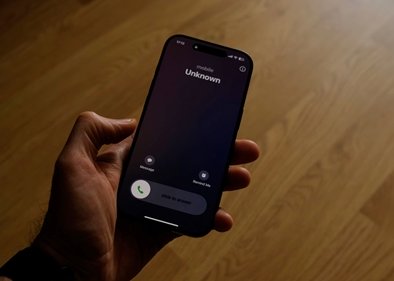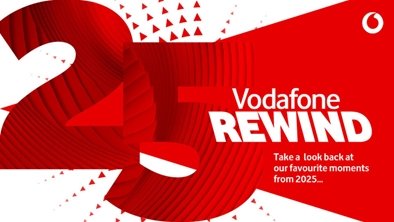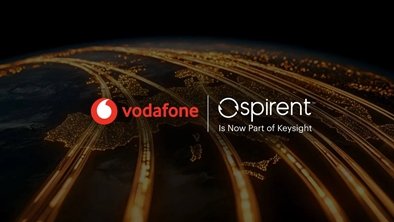In an era of always-on, mass communications, it can be harder than ever to stand out. Text messages and email have been used as marketing channels for many decades, but it is increasingly difficult to cut through the noise and reach consumers in a meaningful way.
More and more consumers expect – and demand – greater personalisation and engagement. They want their communication with brands to take place on their terms, on a channel that is most convenient for them, at a time of their choosing. Recent over-the-top (OTT) services such as WhatsApp have transformed how people talk to their friends and families, letting them set up group chats or share videos and GIFs quickly and easily, but so far, brands have not been able to take advantage.

One of these reasons is basic functionality. So far, no single OTT service has the same universal reach as SMS, making it harder for marketers to know which of the many options to choose. The OTT services often also include their own brand information in every message, making it harder for the marketing message to stand out. Additionally, SIM based authentication means it is much easier for brands to know that their marketing communications are reaching the people they are aiming for, making it a clear, transparent and measurable channel.
However, thanks to the rise of Rich Communications Services (RCS), also known as ‘Chat’, brands can now enjoy the best of both worlds. Hailed as ‘SMS 2.0’ by some, Chat is the easiest and simplest form of enriched messaging. Increasingly included on Android mobile phones as standard, Chat means that customers no longer need to download and set up a new messaging service in order to send and receive more engaging messages. And thanks to RCS A2P business messaging, brands can start to combine the functionality and engagement we know consumers love from over-the-top providers with the safety, security and accountability of traditional SMS campaigns.
Earlier this year, Vodafone launched the world’s first commercial Business Messaging Chat service, working with Virgin Trains and their messaging partner Open Market to provide onward journey information to London Euston-bound passengers. Chat messages are sent to customers’ Android smartphones around 10 minutes before they arrive into the station, providing the latest updates for London Underground services.
Our first campaign with Virgin Trains has been running since the summer, and has seen significantly improved customer engagement rates: the service has a 5/5 customer rating and a 0% opt-out rate, compared to rates of 0.6% and 2% for similar SMS and email campaigns respectively.
We have also seen similar results with other Chat business campaigns we’ve run across Europe. Customers are on average up to 13 times more likely to click on a link in a Chat message than in a standard text message, and up to seven times more likely to make a purchase or complete a transaction.
SMS is over 25 years old, while Chat is only just getting started and new features are in the pipeline, such as the ability for users to search for a particular brand and start conversations with companies directly. Nevertheless, the early signs show that there is a valuable opportunity for consumers to enjoy more meaningful and engaging conversations with companies as well as their friends and family.
Ingo Ehlen is Head of Mobile Communication Services within Vodafone Group. He is responsible for Vodafone’s communication services’ strategy, including the definition and product management of centrally deployed features and experiences across the Group.
Like this? Here’s what to read next:
Vodafone launches next-generation RCS A2P business messaging

























